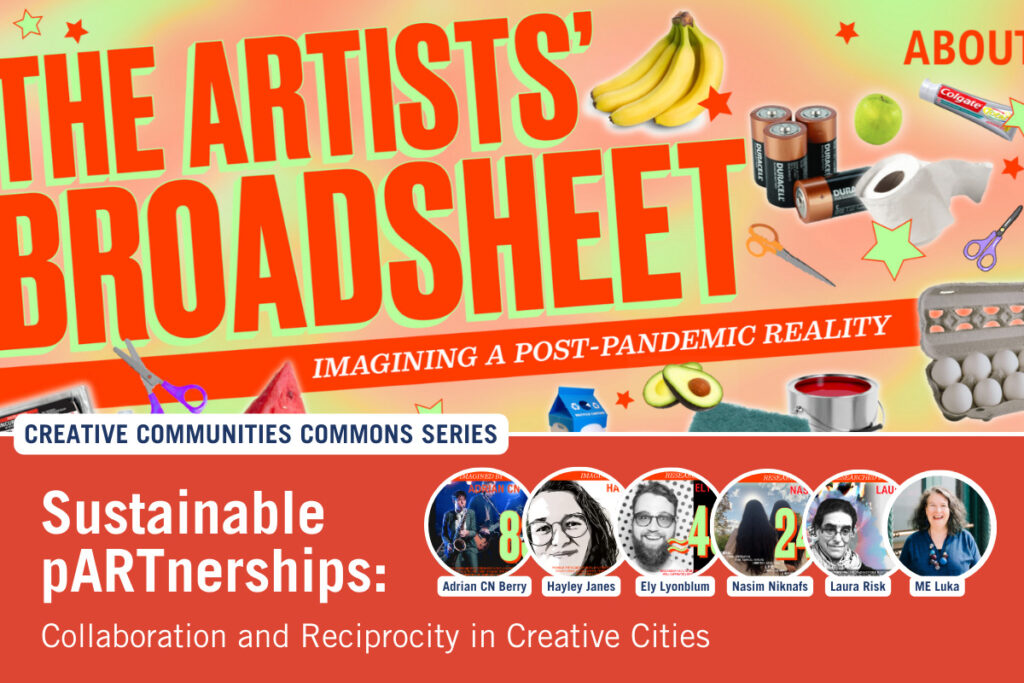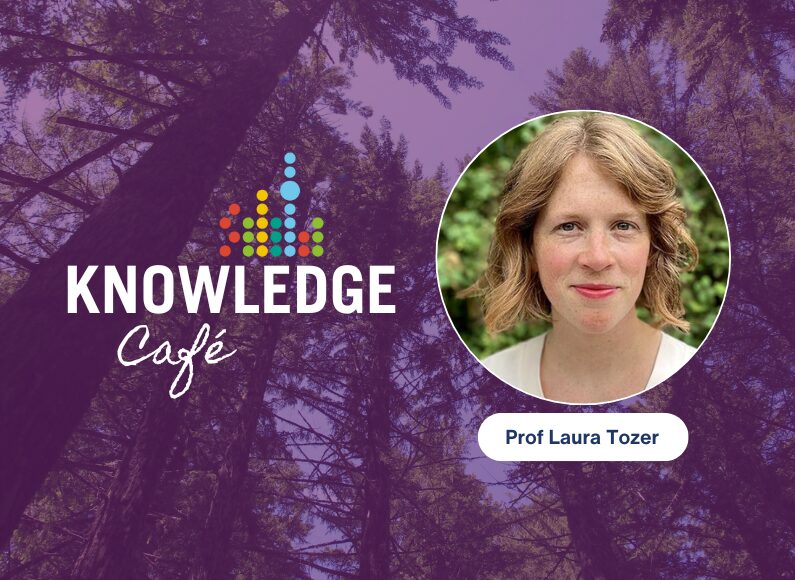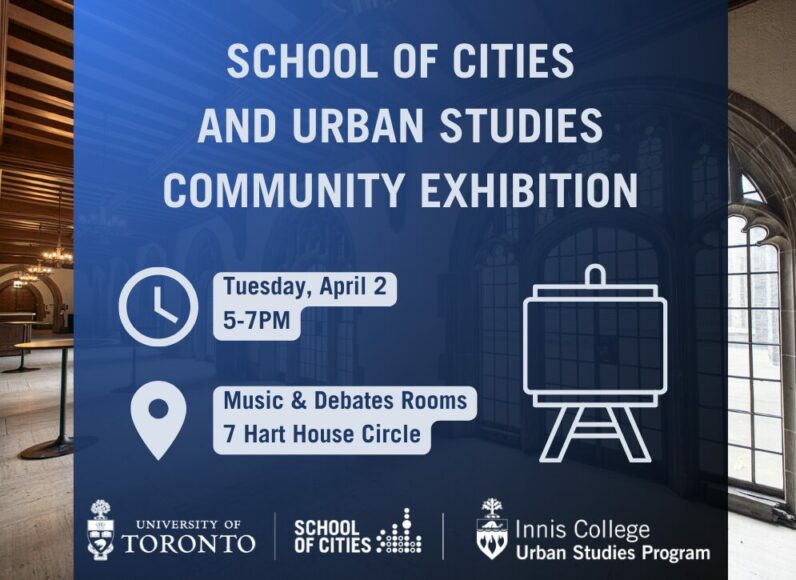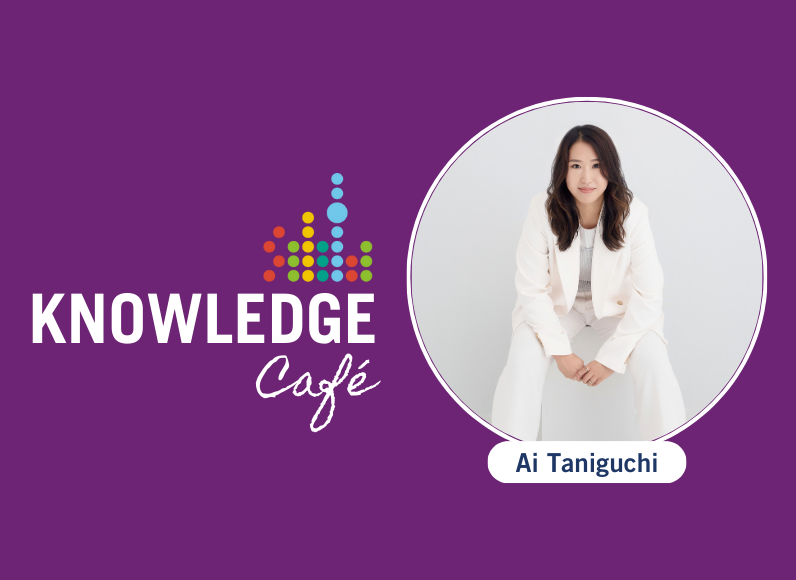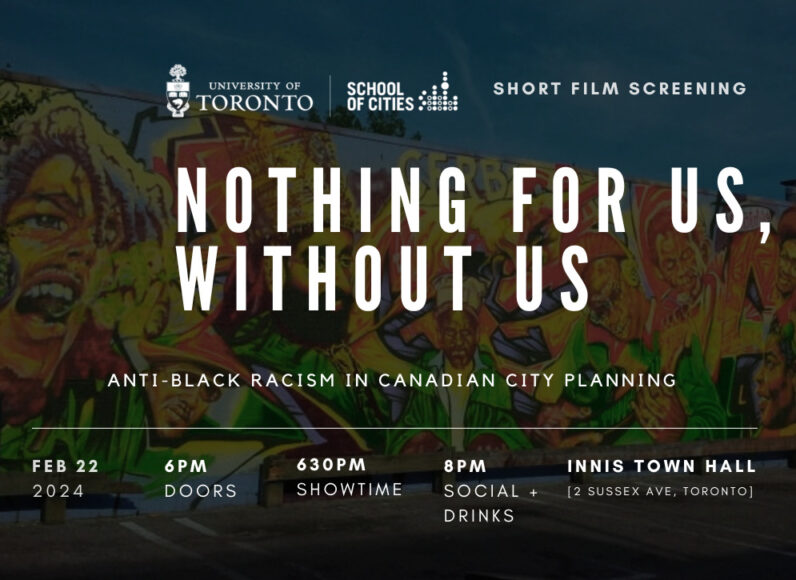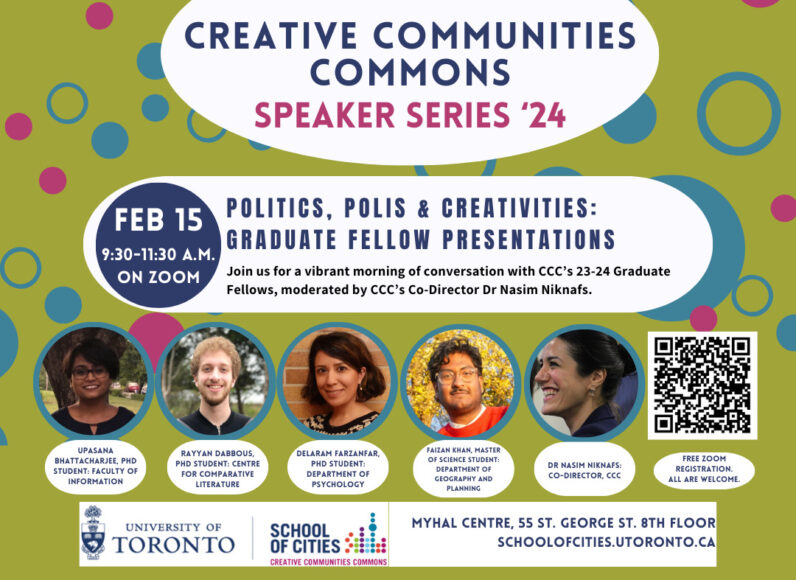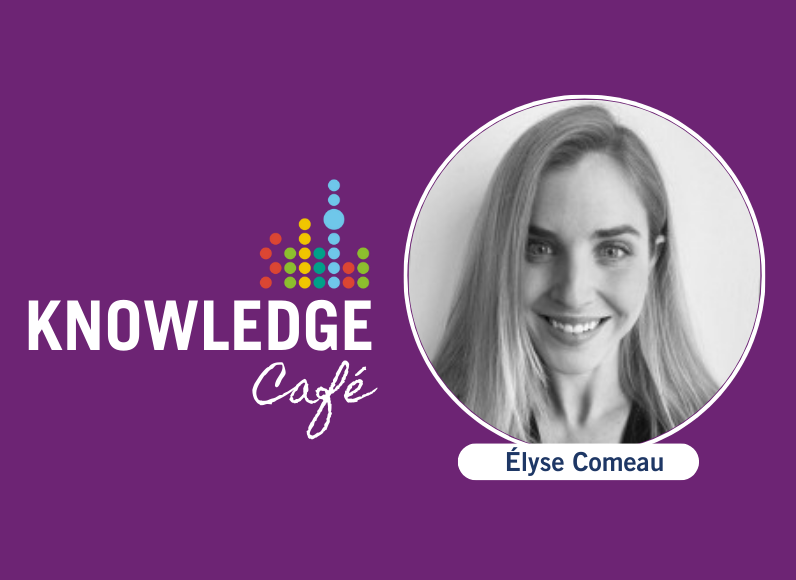Sustainable pARTnerships: Collaboration and Reciprocity in Creative Cities is a participatory arts-based research initiative that brings together the cultural and academic sectors to jointly imagine futures in which artists can thrive. At its core, Sustainable pARTnerships harnesses the expressive and relationship-building potential of the arts to enact justice for arts workers. This collaborative, artist-centered research project asks the question: How do we support artists in a precarious sector?
More information about the initiative here
Agenda
3:30 – 3:40pm – Introductions
3:40 – 4:10pm – Presentation
4:10 – 4:40pm – Activity (online)
4:40 – onwards – Open Discussion & Q+A
____________
The People
Ely Lyonblum is the Strategic Research Development Officer at the Faculty of Music, University of Toronto. His research and creative practice, largely focusing on cultural equity, ranges from the history of sound recording, American Sign Language performance art, and storytelling through music. Ely trained as a documentary filmmaker at the Centre for Visual Anthropology at Goldsmiths, University of London, and completed a PhD in Music at the University of Cambridge. He regularly co-produces events with academic and not-for-profit collaborators, as well as contributes to the development of training programs for artists. Ely’s work has been presented and exhibited by the MIT Media Lab, CBC Radio 1, the Smithsonian, the British Library, and cultural institutions across six continents.
Nasim Niknafs is Associate Professor of Music Education at the Faculty of Music, University of Toronto where she also serves as the Associate Dean, Research and Coordinator of Music Education. Her interdisciplinary research concerning social justice, and cultural politics of contemporary music education and popular music intersecting with activism, anarchism, and improvisation has been widely published in international journals and edited volumes of music education. Currently, Nasim is conducting a SSHRC-funded research titled, Sanctuary City: Cultural Programs, Music Education, and the Dignified Lives of Refugee Newcomers in Toronto. Nasim is also the editor of the special issue of Anti-Racism, Anti-Fascism, and Anti-Discrimination in and through Music Education for the Action, Criticism and Theory for Music Education. Nasim holds degrees from Northwestern University, New York University, Kingston University, London, and University of Art, Tehran.
Laura Risk is Assistant Professor of Music and Culture in the Department of Arts, Culture and Media at the University of Toronto Scarborough, with a graduate cross-appointment at the Faculty of Music at the University of Toronto. Her research proactively builds out public archives in order to amplify unheard voices and critically interrogates the notion of tradition, with a focus on traditional music historiography in Quebec. Laura is co-editor of a recent triple special issue on “Improvisation, Musical Communities, and the COVID-19 Pandemic” for Critical Studies in Improvisation and has also published in Ethnomusicology and MUSICultures, as well as The Globe and Mail, The National Post, and Strings Magazine.
Adrian CN Berry is a mid-career musician, composer, digital media artist, and educator who works at the intersection of rock & roll and worldbuilding. Cutting their teeth as a saxophonist and vocalist in the American punk bands Ted Leo & The Pharmacists, Gauche, and Downtown Boys, Adrian has performed hundreds of shows internationally and been featured in The New Yorker and Rolling Stone. When COVID-19 brought their industry to a standstill, Adrian pursued their MMUS in Music Technology & Digital Media at the University of Toronto, transforming their practice into a multifaceted approach that bridges music production and performance with visual art, research-creation, and activism.
Hayley Janes is a music and arts educator, scholartist, and violinist who plays with creative approaches to teaching, research, and challenging the status quo. She is currently a PhD candidate in music education at the University of Toronto. Her doctoral research seeks to center the perspectives and experiences of young children studying at Toronto-based music studios and unravel the adult-normativity within these educational spaces. Hayley holds a Bachelor of Music from the University of Toronto and a Master of Philosophy in Arts, Creativity and Education from the University of Cambridge.
____________________________________________________________
Dr. Mary Elizabeth (“M.E.”) is Assistant Professor, Arts & Media Management at University of Toronto. M.E.’s research examines how creative workers make their way in the complex ecosystems of the creative industries and culture sectors, and builds on more than two decades of professional experience examining modes and meanings of sustainability and co-creative production, distribution and evaluation in the digital age. Dr. Luka is a founding member of the UTSC Critical Digital Methods Institute and is also the Principal Investigator for Fair Play: Remuneration, IP management and Accessibility in the Independent Media Arts Sector and for Expanding Impact: Activating Arts and Culture Today, in collaboration with Mass Culture, Canada Council for the Arts, Ontario Trillium Foundation, Department of Canadian Heritage, Toronto Arts Foundation and five other universities. Luka is a co-investigator for Urban Just Transitions, UTSC, and the national research partnership, Archive/Counter-Archive: Activating Canada’s Moving Image Heritage.
About The Creative Communities Commons (CCC) Speaker Series
The CCC exists to provide a node of open participation and the free exchange of intellectual resources and expertise among academia, the arts sector, community leaders, civil society, the private sector, and the public sector who share interest in:
- Arts and culture as a sector within every human community, as well as
- How the arts and culture sector interacts with the other sectors in our communities (like the environment, housing, immigration, public health, and transportation)



